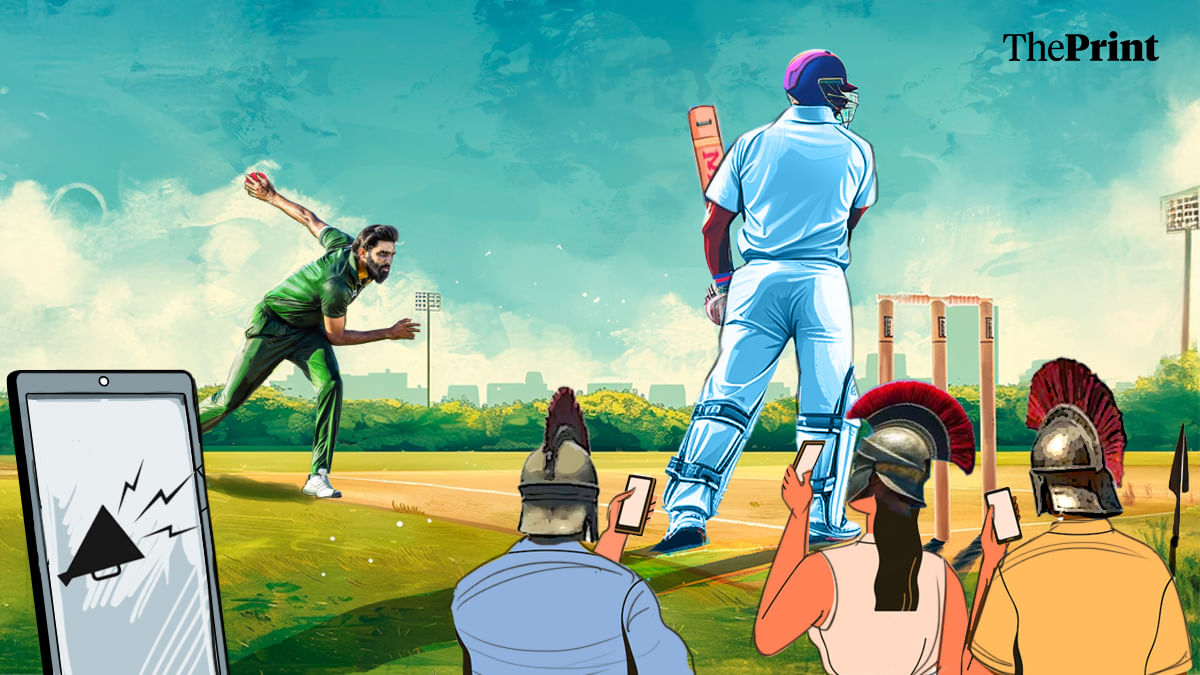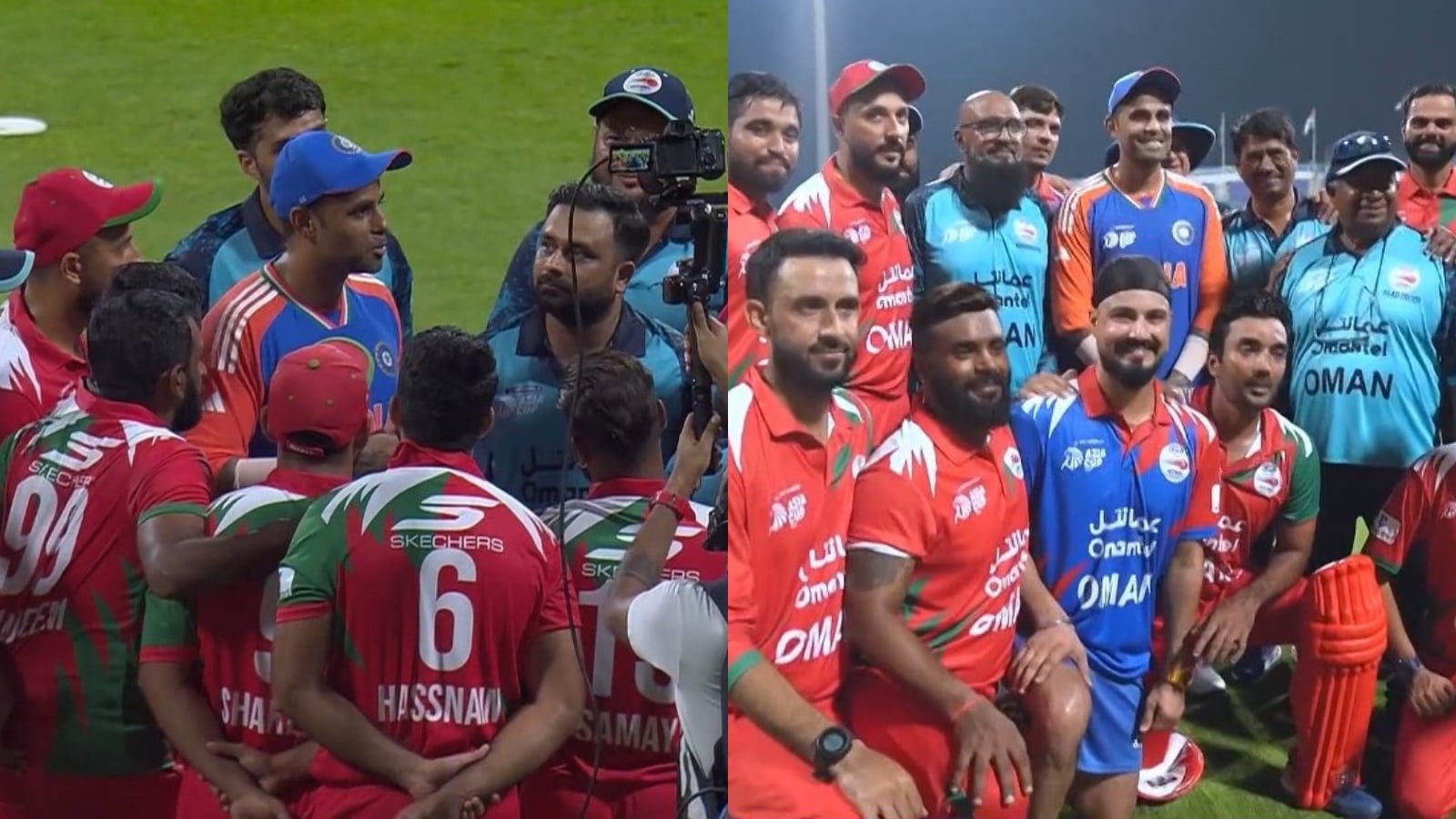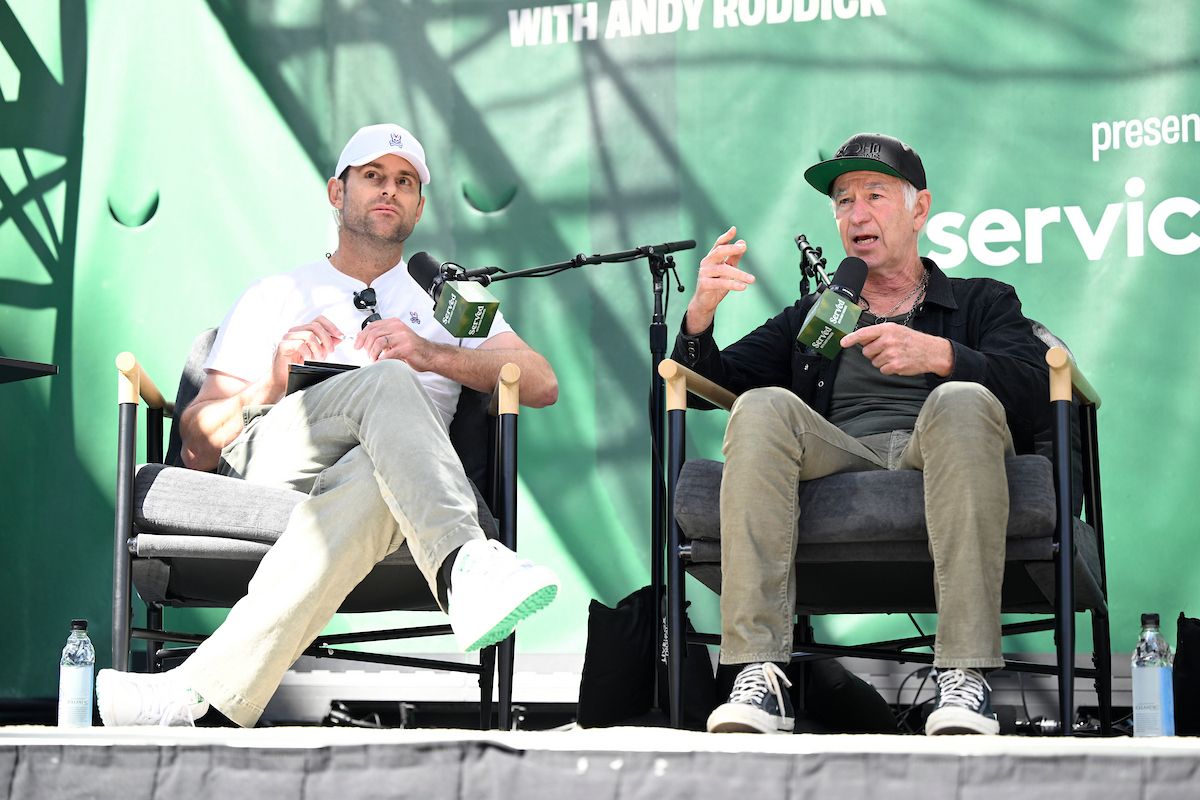India doesn't give walkovers to Pakistan in war. Here's why it shouldn't do it in cricket either

If you tracked all social media handles through the day, and specifically in the short period when the throws were taking place, you would have found nothing trending on it. And definitely no outrage that Neeraj Chopra and Sachin Yadav were competing against a Pakistani, Arshad Nadeem.So, here’s some perspective. In the 130 years since modern Olympic Games began in Athens, 1896, the Subcontinent, that is two billion people or one-fourth of the world, has won only three individual Olympic golds. That’s no typo. Two of those were among the finalists in Tokyo, Neeraj Chopra and Arshad Nadeem.First of all, given this field, you would have expected greater interest in the event. But no. It was still the obsession over whether India should play Pakistan or not. I tracked Pakistani media and debates too. They had the reigning Olympic gold medallist and world record holder going up against his arch Indian rival. Very little excitement. Our passion is cricket-specific.Also Read: For Indian Mercedes, Asim Munir’s dumper truck in mirror is closer than it appearsIn a way I’d say this is a good thing. A relief that the internet/news TV mob wasn’t harassing Army JCO Chopra for competing against Pakistan while the Pahalgam widows were still grieving. This differential emotional reaction to cricket and athletics comes only partly from our cricket obsession—and perhaps only a small part. The rest, the primary motive is simple old engagement farming. Cricket is so much better than an Olympic sport to build and sustain a 24×7 outrage.My most memorable is the many prominent people, especially journalists, posting pictures of Pahalgam victims’ fathers conducting their sons’ last rites or the grieving widows and asking, does playing cricket with Pakistan mean we’ve brought them justice? My counter-question: does not playing cricket and conceding the matches to Pakistan bring them a sense of justice?Didn’t we use the combined and fearsome firepower of our Air Force, Army and Navy to deliver just that? Unless you also think, like the many silly Pakistanis, that the wrecked Jaish and LeT headquarters, a dozen Pakistani airbases, smoked out radars, count for nothing. What can Indian cricket achieve for the war on terror which our armed forces haven’t, or wouldn’t, should the need arise again?Our sporting passion is monotheistic, cricket being the only god. Just that in this case the holy outrage isn’t so much about winning as about playing or boycotting.If it was just social media, you’d dismiss it as one of those juvenile trends. The difference is, it also dominates our TV debates. It grows more vicious and bitter with every prime-time hour on both sides, with cuss-words and straightforward communal slurs thrown in.Consider, for example, cricketer Mohammad Yousuf, now in his Tablighi livery pretending, while giggling with the woman anchor, to “mispronounce” Indian captain Surya Kumar Yadav’s first name. I won’t dignify it by repeating it here. Generally, such nastiness is a bilateral phenomenon.Many really smart people now share the position that playing cricket with Pakistan even in an international tournament is politically, strategically and, most importantly, morally all wrong. They want India to either boycott tournaments or concede the matches against Pakistan.It is just a poor appreciation of competitive sport. It is bad enough that India is the victim of terror. Should it then concede a walkover to Pakistan in all international contests? What kind of defeatist victimhood is this?That means Pakistan, which today has only a one-in-ten chance of beating India in any form of the game over the past 20 years, now presumes automatic wins?Also Read: This argument isn’t about cricket but the Subcontinent’s geopolitics. That’s why it begins with cricketSome sporting data is instructive. Two generations of Indians, among them most of those outraged now, are scarred by our history of defeats against Pakistan. The tables have turned in the past 25 years. In T-20s, for example, out of a total of 14 played in the past 20 years India has an 11-3 record against Pakistan. For ODIs, the decade’s scoresheet is 8-1 in favour of India. After the Champions Trophy final at The Oval, 2017, India stands at 7-0 in ODI against Pakistan. When Pakistan wins now, it is a very rare exception. Do we now make it a rule? Is justice served for the Pahalgam victims by turning Pakistan from a near-perpetual loser to a permanent winner?The only other game where Pakistan has been competitive was hockey. The equation has shifted there even more radically than in cricket. In the last 10 years, India has won all seven matches played including one 10-2 at Hangzhou Asiad, 2023. Pakistan failed to qualify for the Olympics after 2012.Just last month they opted to stay out of the Asia Cup at Rajgir in Bihar where the winner was assured automatic qualification for the next World Cup. The IHF faced no social media pressure, influencer shout-rage or TV commando raids for not disinviting Pakistan. Only idiots will concede games to Pakistan and start gifting them wins.It would’ve been tempting for a government to concede to its base. You could say the ban is only for now, because the Pahalgam wound is so fresh. It will take a very brave government to proclaim the wound is healed, so we can play Pakistan again. We need to appreciate that the Modi government has been wiser than its own base.India is now the captain of world cricket and its hold over hockey, especially with the return of Hockey India League, is growing. It cannot drag bilateral issues into multilateral sport. Almost every other ICC chief will now be Indian. Jay Shah and Rajeev Shukla have to interact with Pakistan Cricket Board (PCB) and Asian Cricket Council (ACC) chief and Pakistani interior minister Mohsin Raza Naqvi. Real world imperatives have to be accepted. The Prime Minister, after all, couldn’t have opted out of the SCO group photo in Tianjin because Shehbaz Sharif was there.Past boycotts or bans are no precedent. Indira Gandhi’s India conceded the Davis Cup final to South Africa in 1974 because of apartheid. In 1988, Rajiv Gandhi’s government conceded the relegation round to Israel because of Intifada killings. There were tit for tat boycotts of Moscow (1980) and Los Angeles (1984) Olympics by the American and Soviet blocs. The Russians were banned at Paris (2024), over Ukraine. These were all multi-national actions.Unilateral boycotts now would damage Indian cricket and gift victories to Pakistan. Worse, we’ll be acting like the softer state. We don’t need this after proclaiming a new normal with Op Sindoor and putting the military centre-stage. Indian cricket is no warrior in this battle.













